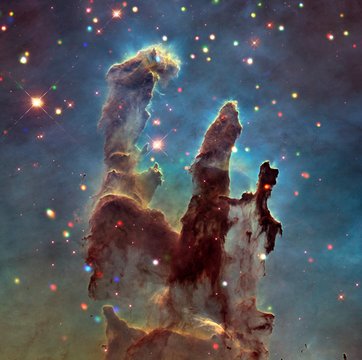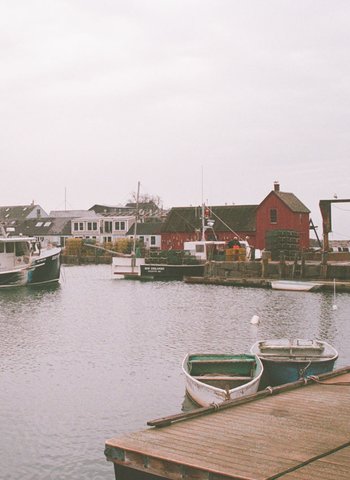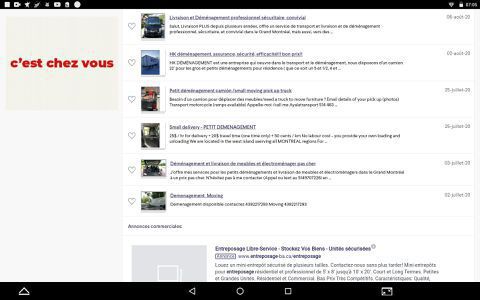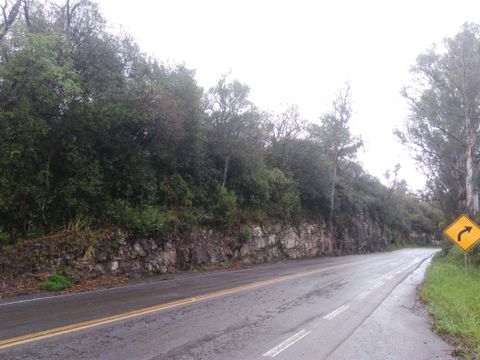July 12, 2018, 11:54 p.m.
'X'-ploring the Eagle Nebula and 'Pillars of Creation'
The Eagle Nebula, also known as Messier 16, contains the young star cluster NGC 6611. It also the site of the spectacular star-forming region known as the Pillars of Creation, which is located in the southern portion of ...









